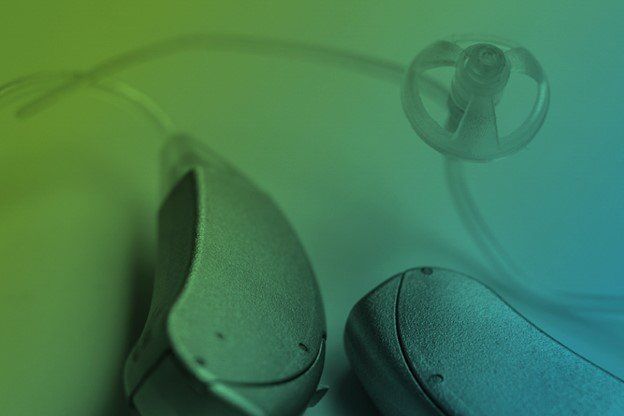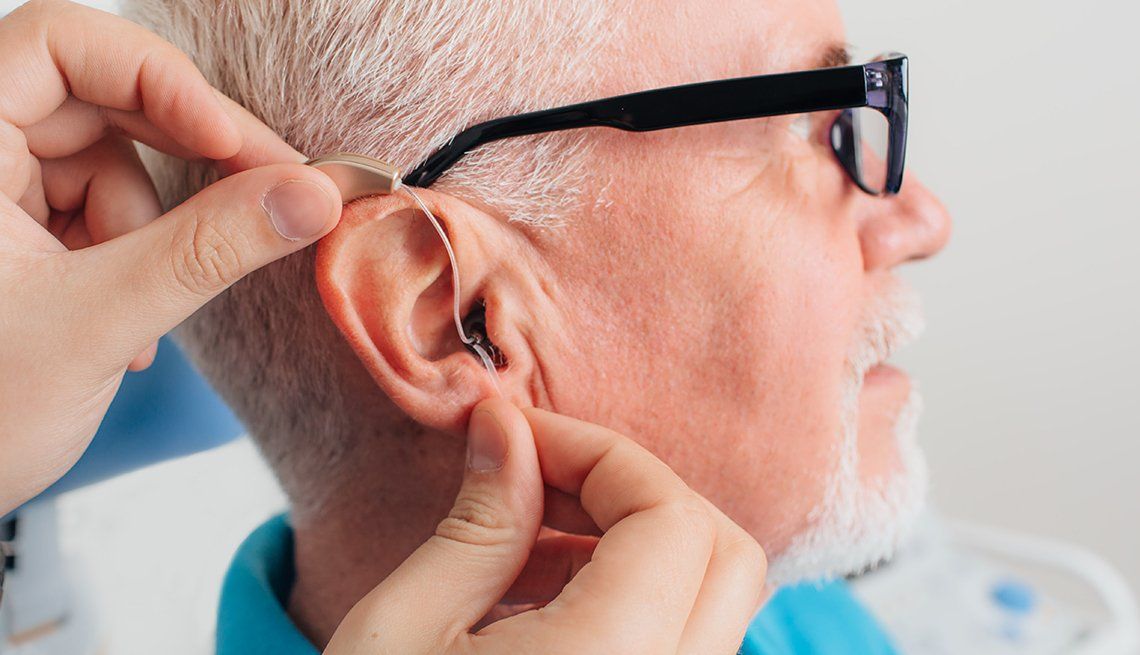What Happens When You Wear Hearing Aids
Hearing aids are an amazing tool to help you communicate effectively with others and improve your overall quality of life. Understanding how our auditory system responds to sounds from hearing aids will help to achieve these incredible benefits.
When you start wearing hearing aids, your body and brain have to acclimatize to new sounds. There are physiological mechanisms that respond to increased amplification from hearing aids. Often, the annoyances of wearing hearing aids tend to diminish as your auditory system gets used to the new devices.
This guide reviews how the auditory system adapts to new hearing aids.
How Our Body Adapts to Sound
The auditory system is responsible for hearing. Like many sensory systems in our bodies, the auditory system is capable of adapting to loud or soft sounds so we can hear a wider range of sounds.
This process uses the principle of automatic gain control, which is a common principle in audio engineering. For example, radios can adapt to strong or weak signals and output a sound that is consistent. This means the volume of the radio is consistent for weak or strong signals.
In our bodies, automatic gain control is often used to regulate the reaction or response to sensory input, independent of the actual amount of sensory input. An example of automatic gain control is how our eyes adjust when we change from a dimly lit room to a brightly lit room. In this case, the environment (the input) varies in brightness, but the goal of our visual system is to optimize visual acuity and comfort (the output) regardless of the changes in the brightness of the environment. While it may take several seconds for our visual system to adapt, we adapt to see fairly well in most environments regardless of the amount of light.
In our auditory systems, the sound processing centres in the brain regulate the auditory input so that our response (the perception of loudness) is similar regardless of the actual volume of the auditory input.
For example, when you enter a crowded restaurant, your initial impression of the loudness of the restaurant may be: “It’s loud, but I can manage it.” After several minutes, most people would adjust their answer and say that the loudness of the restaurant is “comfortable.” Even though the loudness of the restaurant has not changed, the auditory system has naturally adjusted.
The automatic gain control works in your body by your neural activity automatically adjusting to your environment. Our bodies can adapt to a wide range of environments, from quiet libraries to crowded arenas.
When a person has a hearing loss, the auditory system experiences decreased input. That means the neural activity in the auditory system is higher than it is for someone with normal hearing.
When a person with hearing loss is fit with hearing aids, the auditory system experiences increased input. Since the neural activity of the auditory system is very high, hearing with hearing aids makes everything sound very loud initially. With consistent use of the hearing aids, neural levels in the auditory system decrease and hearing with the hearing aids becomes normal.
Impacts of Acclimatizing to Amplification
The core function of hearing aids is to amplify sounds. The impacts of amplification on our auditory systems are not isolated to our ears. What happens in our auditory system has an impact on other neurological systems in our bodies.
Two systems that are connected to the auditory system are the limbic system and the autonomic nervous system. The limbic system is a multi-functional part of the brain that acts as the control centre for our emotions. The autonomic nervous system is another complex control centre that regulates most of the things that we do unconsciously, such as breathing, pumping blood and digestion. The autonomic nervous system is also responsible for the physical reactions that are involved in “fight or flight” responses, such as increased heart rate, inhibition of digestion, anxiety, aggression, depression, difficulty sleeping and lack of focus.
When a person begins to wear amplification for the first time, there is a sudden increase in the sound input. Because it takes some time for the brain to adjust its neural levels, everything may seem abnormally loud.
This unusually strong auditory activation results in stimulation of both the limbic and autonomic nervous systems, creating a physical and an emotional response.
As a result, it is not uncommon for people to feel anxious or on edge when they try hearing aids for the first time. It is normal to have difficulty concentrating or even suffer stomach pains or headaches.
These side effects are only temporary. Once the neural levels in the auditory system begin to decrease and everything sounds more “normal,” the physical and psychological side effects will also subside.
But there is a crucial caveat: if a person does not wear their hearing aids for all of their waking hours, the neural levels in the auditory system will never adjust and the input will never sound “normal.”
Whenever you wear your hearing aids (even while watching TV or on a walk with a friend), you are retraining your brain to get used to the amplification. Your brain has the amazing ability to adapt, but it may take time for sounds to become normal.
Tips to Acclimatize to Hearing Aids
While the acclimatization period of new hearing aids may be difficult, it is a critical process to go through.
There are a few things that can be done to minimize the negative impacts of the acclimatization process:
- See a qualified clinician. They are able to foster a sense of understanding about amplification and the acclimatization process, and they have tools to make it easier to consistently use hearing aids.
- Instead of fixating on the negative side effects, focus on the positive aspects of amplification. Reflect on how your hearing aids have improved your communication and quality of life.
- Manage hearing loss with amplification as soon as possible. The longer neural levels in the auditory system are increased due to decreased input (hearing loss), the longer it takes for the brain to adjust. That means the acclimation process may be longer and more difficult. Hearing care is rehabilitation. Just like when you break a leg, the rehab process is easier when you start it earlier.









